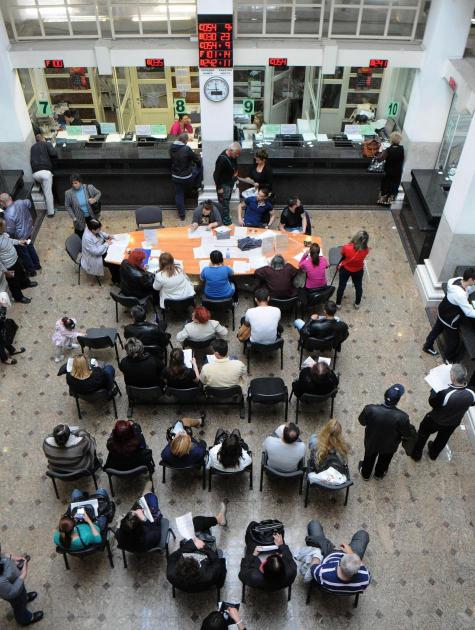Despite everything, the administration is growing

By the Institute for Market Economy
Population decline, reduction of the administrative burden, electronicization, strategies for optimizing the administration and ... the administration is growing. The report on the state of the administration in 2024 shows that the staff of the Bulgarian administration is 145,802, of which 37,275 are in the territorial administration. Compared to the previous year, the increase is by nearly 2,500, with the increase in both the central and territorial administrations. In relation to the population, the administration is already approaching 2.3 thousand officials per 100 thousand people - and this despite long-term efforts to optimize it and replace it with electronic services.
Over the past decade, the administration has grown by over 10% – with a nearly 19% contraction in the working-age population.
The report examines a number of aspects of the administration’s work – structures, human resources, conditions and access to public information. Many others are again omitted – anti-corruption measures, limiting administrative regulation, implementing impact assessments, etc., which are present in reports from previous years.
The administrations do not set, do not know and do not achieve their goals. For 2024, about a quarter of the structures do not have annual goals set, and for those that do, it is difficult to determine who is responsible for achieving them and whether the lower levels know that they exist. Moreover, the report reveals that there is no correspondence between strategic goals of state policy and the annual goals of the administrations.
Mandatory training is not observed. According to the Civil Servant Act, there is mandatory training for administration employees, including those who have joined for the first time. Less than half of all newly appointed employees, just over 1/3 of managers appointed for the first time and every eighth of senior civil servants have undergone training. The number of those trained in digital skills is half that of previous years.
The work of civil servants is assessed subjectively. The report shows that very high assessments of the performance of employees' positions prevail. This raises doubts about the devaluation of assessments, low managerial competence of managers and subjectivism.
Advisory councils continue to swarm. In 2024, 4 new ones were created, bringing the total number of advisory councils to 82 by the end of the year. The report does not analyze the performance of their functions, but although they must regularly publish information about their activities, in reality they do not do so (currently even the website, which is a portal for presenting the activities of all councils, is not working).
The good news is that electronic services and their use are still growing, the proportion of complied with regulations and deadlines for responses to applications for access to public information is high, and the standards for the quality of administrative services are generally being implemented. The report draws many conclusions, some of which are unpleasant, and also gives various recommendations for overcoming some of them. The problem is that a large part of the violations in the work of the administration continue to be noted in these reports for years, but nothing happens after that.
The lack of not only a visible process of reducing the size of the administration, but on the contrary - its increase, as well as the quality of its work is particularly worrying, given the fact that this has been a top priority of most governments over the past decade.
